Struggling with your mental health? Wondering if there are natural ways to treat depression? Explore five natural treatments for depression and anxiety to regain control over your life!
Depression and anxiety are two things that you see a lot in people these days, and it seems like everyone has gone through it at some point or the other.
As far as treatments for depression is concerned, there are not just one or two things that can help you; the scope of natural treatments for depression and anxiety has increased a lot in the past few years.
Mood disorders are debilitating, and they’re on the rise. Here are some effective, safe tools to help overcome these disorders, that your doctor may not tell you about.
Depression and anxiety disorders are more common than ever. Whether that’s because our modern world is so upside-down crazy coo-coo, due to cultural factors, or simply due to increased awareness of these disorders, the fact is that a growing number of people will feel the yawning void moving to swallow them whole… and turn to their doctors for help.
Depression and mood disorders are not well understood. Many of your friends and family members who don’t have personal experience with mood disorders may offer ‘just exercise more, or take this vitamin, or just don’t be so sad’ typed advice, to your unending chagrin.
And while our doctors and psychologists may act as if they have all the answers, the truth is that new research often turns our entire understanding of mood on its metaphorical head… and a surprisingly large number of people don’t benefit from medical intervention at all.
If you’re suffering from a mood disorder, there are many tools that you can access to help you cope, thrive, and overcome the darkness you’re feeling.
Due to the fast-pace of our modern health care system, your doctor may not have the time to share all of these with you, and may turn immediately to what I like to call The One-Two-Punch of Conventional Modern Mood Disorder Treatment: namely, Cognitive Behavioral Therapy and Serotonin Re-uptake Inhibiting antidepressants (SSRI or SNRI drugs).
Read on to know more about the holistic and natural treatments for depression and anxiety.
5 Natural Treatments For Depression And Anxiety To Know
1. Serotonin Deficiency and Mood Disorder
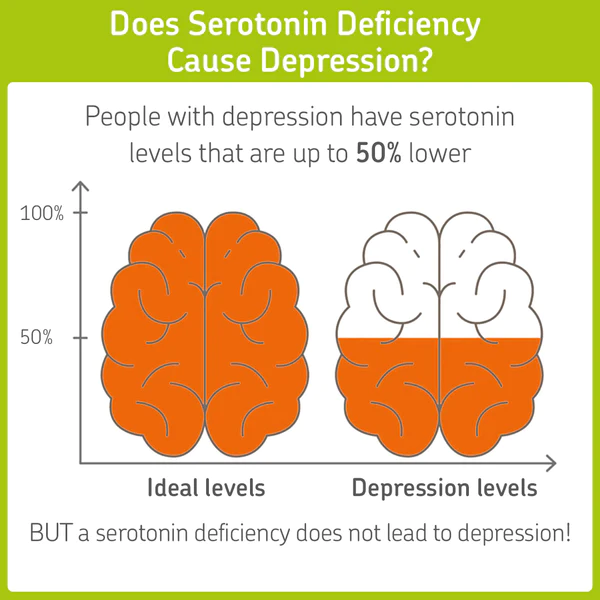
If you feel that you need to take an SSRI or SNRI, I support you 100%. You know what you need better than anyone, and these drugs can help people who really need it.
However, these drugs are dangerous, and the mechanisms by which they operate aren’t well understood:
Serotonin Deficiency is a neat and tidy way of describing how SSRI or SNRI drugs may treat depression and other mood disorders. Feeling sad? You must have too little serotonin, the pedantically nicknamed “Happiness Hormone”!
Or not.
There is actually no evidence that serotonin deficiency is even a thing, let alone that it causes depression.
Blood tests show only blood levels of serotonin, not brain levels, which is where serotonin would affect mood, and which are impossible to test.
Some say you can never have too much of a good thing… and though these drugs come with sometimes life-threatening dangers, a likelihood of challenging side effects, and often dangerous withdrawals, they can treat many of the symptoms of depression and other mood disorders… aka, they may help you feel better.
If you’ve suffered from depression, you know that sometimes, feeling better is necessary to survive.
These drugs are dangerous. Your doctor may not understand or share these dangers with you.
The mechanisms by which SSRIs and SNRIs work are still not well understood, and serious side-effects and withdrawals are common.
I took an SNRI for physical pain for two months and went through eighteen months of serious withdrawal. This was after suffering uncomfortable physical, mental, and emotional side effects; effects that are disturbing common and frequently severe.
One thing we do know is that anti-depressants treat the symptoms, not the causes, of depression. There is more and more research that shows that these drugs don’t address the underlying causes of depression, and can therefore prolong depression: making it chronic, or even making it worse.
Some popular antidepressants were shown to increase suicidality even in control groups; and in people who were taking the drug for other reasons, aka, people who were not depressed or suffering from mental illness.
This makes no mention of the withdrawal symptoms that come with many of these drugs; withdrawal that is often described as worse than the original condition, can last months, and not-infrequently ends in suicide.
Understanding these dangers is vital: often people with mood disorders are already having serious trouble coping. Adding emotional side effects and agonizing withdrawal can be fatal.
If you do wish to increase your serotonin levels without exposing yourself to these dangers, there are natural alternatives that can also help you cope with symptoms — aka that can help you feel better, now. That can give you the time you need to make long term, positive changes in your life! The first is…
2. Natural Serotonin Boosting
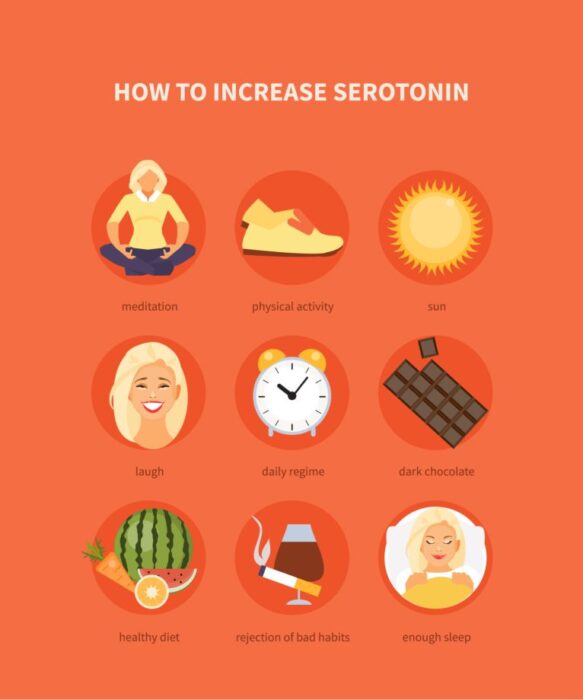
Serotonin is a neurotransmitter created predominantly in the gut. You can safely increase your body’s natural production of serotonin by improving gut health with a powerful probiotic supplement, which is shown to relieve depression.
Probiotics are available in more places than just pills: fermented foods like yogurt, kombucha, and sauerkraut are powerhouse providers of these helpful gut flora, which I imagine like a happy garden full of singing plants, who all love you.
Only they live in your bum and are actually sort of gross. Thus the happy highly preferable garden imagery.
If you have the ability to grow your own vegetables in natural, healthy soil, eating them fresh from the garden is also shown to increase probiotic health in your gut.
Avoid antibiotics, antibacterial soap, and think about investing in a chlorine filter for your shower and drinking water—all of these kill the natural Helpful Bacteria in your body, leaving you at risk for fungal infections… and destroying your body’s ability to make serotonin and B-vitamins, also associated with happiness.
You can also increase your natural serotonin production by providing your body with the building blocks of serotonin; its molecular precursor, which is available as a supplement called 5-htp.
This supplement is far more affordable than most serotonin reuptake inhibitors, is not addictive as frequently, and has significantly fewer side effects. B-vitamins can improve the rate at which tryptophans (the molecular precursor to serotonin) are converted to serotonin and absorbed by the brain.
If you’re looking for an herbal supplement, St. John’s Wart is an herb that naturally increases serotonin in the body.
It’s been called the ‘natural serotonin reuptake inhibitor’. (Don’t take this with any pharmaceuticals that work on serotonin; you could cause too much serotonin in the body, which is toxic. Guess there can be too much of a good thing! Haha!)
Related: 6 Ways to Boost Your Serotonin Levels Naturally Without Medication.
3. Thoughts or Feelings… Which Comes First? Cognitive Behavioral Therapy and It’s Alternatives
Cognitive Behavioral Therapy is the wunderkind of modern psychology and with good reason! It’s got a low success rate, a high relapse rate, and fits neatly with a reductionist, mechanistic view of humanity. Sign me up!
I’m of course just joking. CBT can be really helpful, and if it helps you, I support it!
CBT is predicated on the idea that thoughts come first: you have a thought, and your body and emotions respond to that thought.
This is certainly true sometimes! The principles of CBT are very useful in those cases, and in my experience, they are excellent for putting your mental house in order. CBT is a great tool for developing healthy mental habits; that alone can be enough to overcome the brunt of a mood disorder and empower you to heal.
But there is growing evidence that, in many cases, emotions or physical sensations arise first, in the body… and our conscious mind, which is built to try and normalize our experience by providing a rational narrative of our experience, then produces a thought that could explain this feeling. In those cases, CBT misses the mark.
Especially where trauma is involved (and let’s be honest… when is trauma not involved?!) the body produces certain emotions, almost by instinct and related thoughts then result. There are other treatments that are significantly more effective than CBT in those cases.
Want to know more natural treatments for depression and anxiety? Check this video out below on how to overcome depression.
4. Alternatives to Cognitive Behavioral Therapy — The Body, Soul, and Mind
Unfortunately, many psychologists don’t know much beyond CBT and it’s dogmatic reign of terror… er, I mean, moderately consistent clinical results and institutionally accepted mechanistic worldview. Cough, cough.
For example, when I was being treated for PTSD from a car accident (which is trauma! And therefore involves the body! and therefore can’t be dealt with exclusively with a cognitive aka mind-based treatment!) I had two separate psychologists tell me that Exposure Therapy, which is based on CBT principles and techniques is the only treatment for PTSD.
First of all, that’s just not true. Secondly, CBT has a low success rate with PTSD. Because of that misinformation, I had to undergo a challenging and traumatic exposure treatment and incomplete recovery, which led to a terrible resurgence of PTSD a year later… that I am still fighting to overcome.
My greatest success so far? Working with my body (where I believe trauma is stored, experienced, and must be processed), instead of against it, using somatic-based treatments — those that include the body.
EMDR, a more body-inclusive, or somatic, therapy, is significantly more effective and has much more research behind it… in spite of that, EMDR is still considered ‘fringe,’ perhaps because it is based on the idea that we are far more than our minds, and that much of what we are cannot be explained by materialism-based science.
For many, especially veterans, overcoming PTSD is a matter of survival. Exposure therapy is terrible to go through, and my traumatic experience with it isn’t isolated: many PTSD sufferers experience worsening of symptoms with exposure therapy, often at serious risk to their lives.
5. Let’s Get Physical: It May Not ‘Just Be Your Mood’ After All
While serotonin deficiency may not be responsible for your despair, there are other, often overlooked physiological conditions that can manifest like mood disorders — feelings of overwhelming sadness, anxiety, and depression included.
Many doctors simply aren’t familiar with these diseases, aren’t sure how to diagnose them, believe that they are really rare, or don’t have time to take a thorough enough case history to truly understand what’s going on with you.
It’s always better to rule out physical problems that might have easy solutions. I encourage you to ask your doctor to screen for thyroid dysfunction, chronic fatigue syndrome, adrenal fatigue/dysfunction, fibromyalgia, vitamin B deficiency, vitamin D deficiency, candida overgrowth, and auto-immune disorders like celiac disease.
All of these can be misdiagnosed as depression! And when they are, they drag on. That’s not what you want.
Related: Understanding Depression With Beck’s Cognitive Triad
Healthy, Happy, Whole: The Life You Deserve With These Natural Ways To Treat Depression
Many emotions arise in the body. Meditations that allow you to become compassionately aware of your body and the sensations you experience can therefore improve the understanding, processing, and overcoming of challenging emotions, and even mood disorders.
(This is part of why the Mindfulness-Based Stress Reduction Program, and Mindfulness and Wellness Coaching, are so effective!)
Remember that awful feelings happen to everyone. They don’t indicate weakness, and the way forward may not be to ‘cure’ them, so to speak; often, the only way through bad feelings is to honor them, give them space, and truly feel them.
This has a cathartic, exorcising effect, and avoids the feedback loop of feeling sad that you’re sad, or anxious about being anxious. Once you’ve felt the feelings through, right to the bottom, they pass away. They lose their charge. They disappear.
And then you’re free.
Often, the most powerful tools for overcoming a mood disorder and creating a balanced, joy-filled life have nothing to do with your doctor. Exercise, a healthy diet, meditation, and spending time outdoors can all contribute to the happy life that you deserve. Only you know what you truly need.
Sometimes, these disorders and feelings are a message, telling us that there is something that we need that we aren’t currently getting. Sometimes, even severe mood disorders can be less illness and more spiritual emergency… or emergence. It may be that your spirit has an important message for you about changes that need to be made in your life.
If it feels like your soul hurts, or your depression/anxiety is ‘untreatable’ by conventional means, that may be what’s happening to you. Check out A Wholistic Guide to Feeling Like Shit to learn more about this.
If you want to support in exploring ways to create the life you want, check out what I have to offer as a Mindfulness and Wellness Coach, or get in touch with me at kathrynhogancoach@gmail.com or through my Facebook page. I’m listening. <3
If you are in crisis, please call a doctor, crisis line, or trusted loved one immediately and tell them that you need help. You are worth it. Things will get better.
From the heart,
Kathryn
Originally appeared on Kathryn Hogan
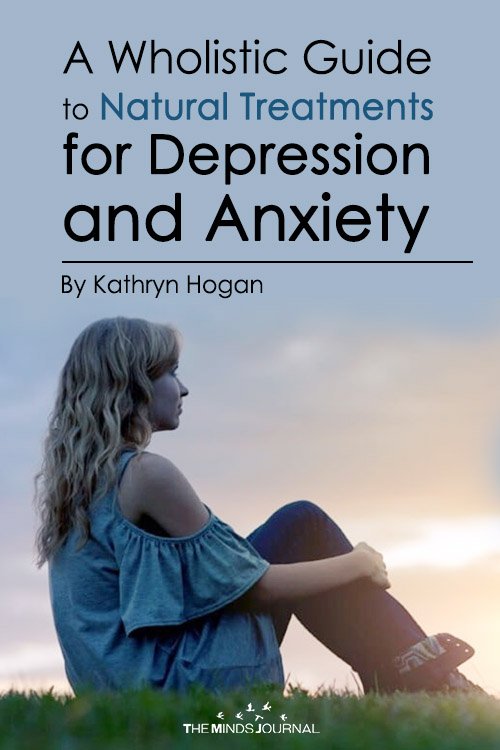
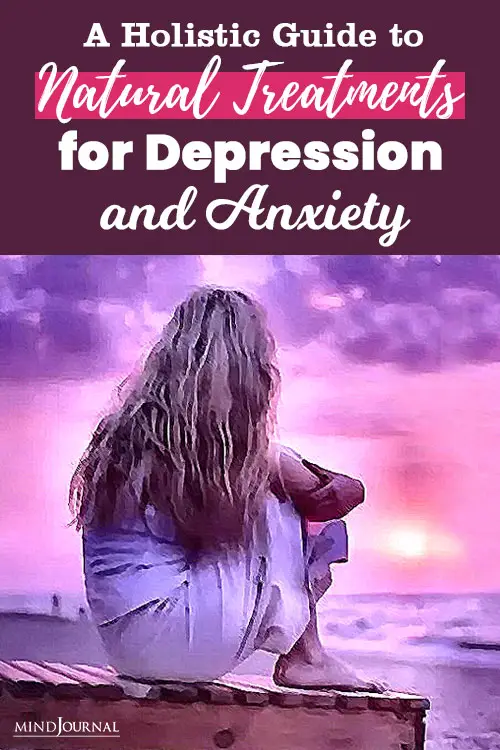
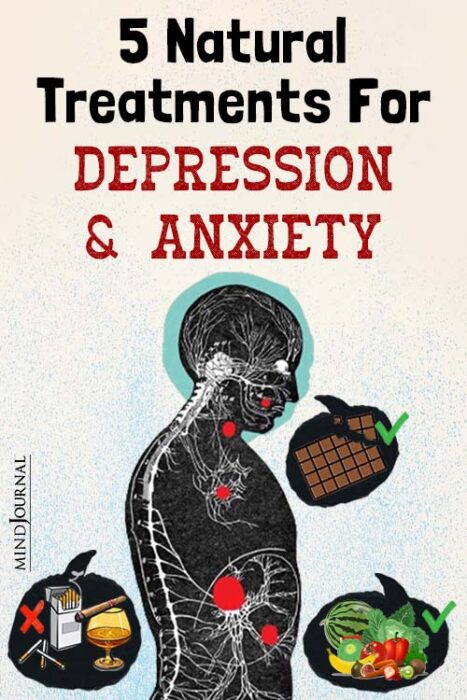
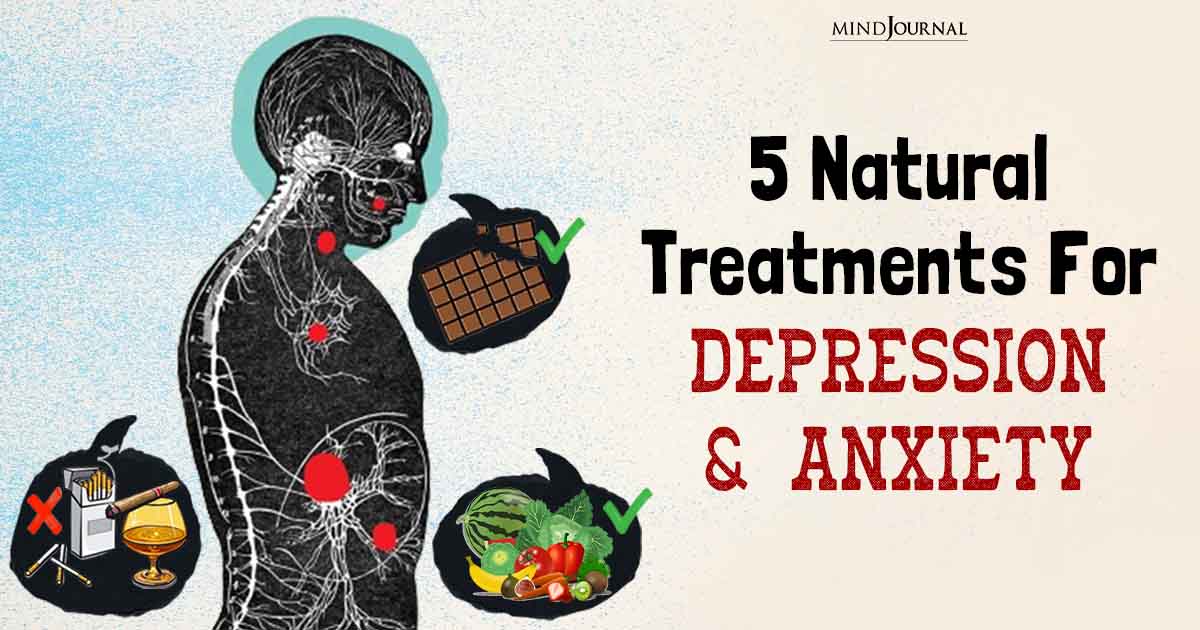
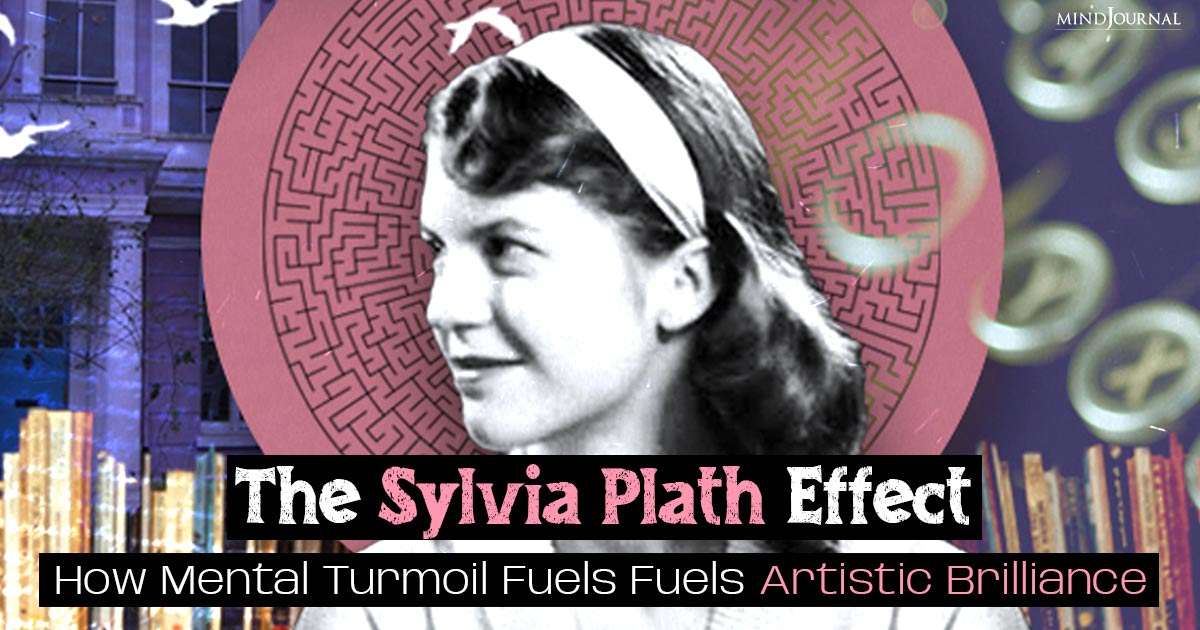
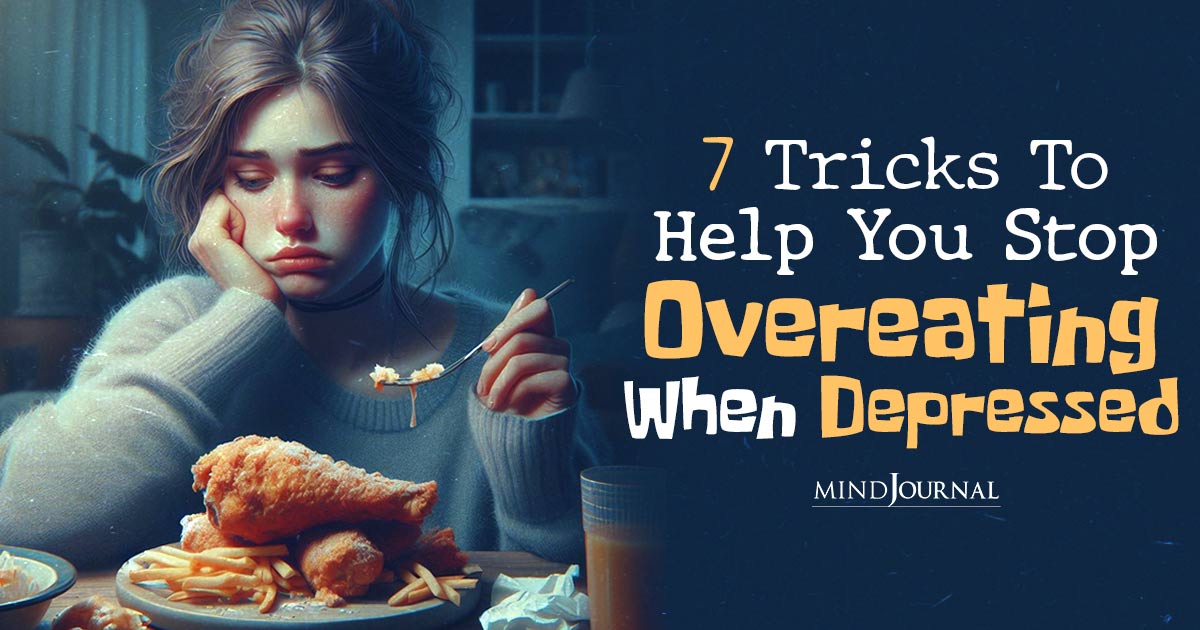
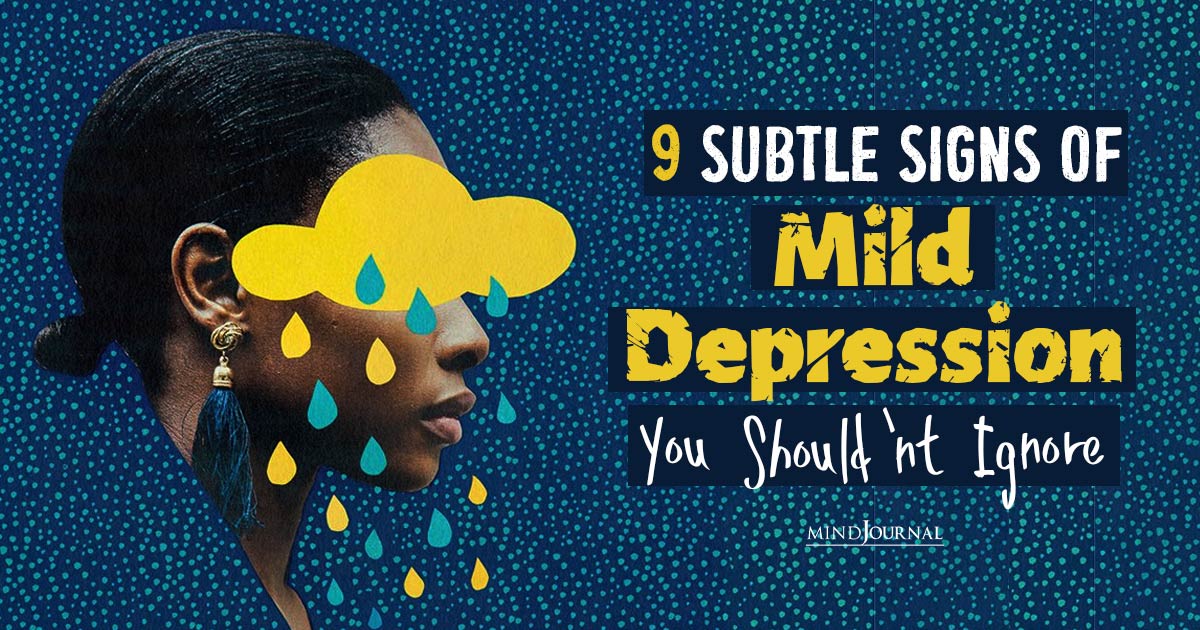
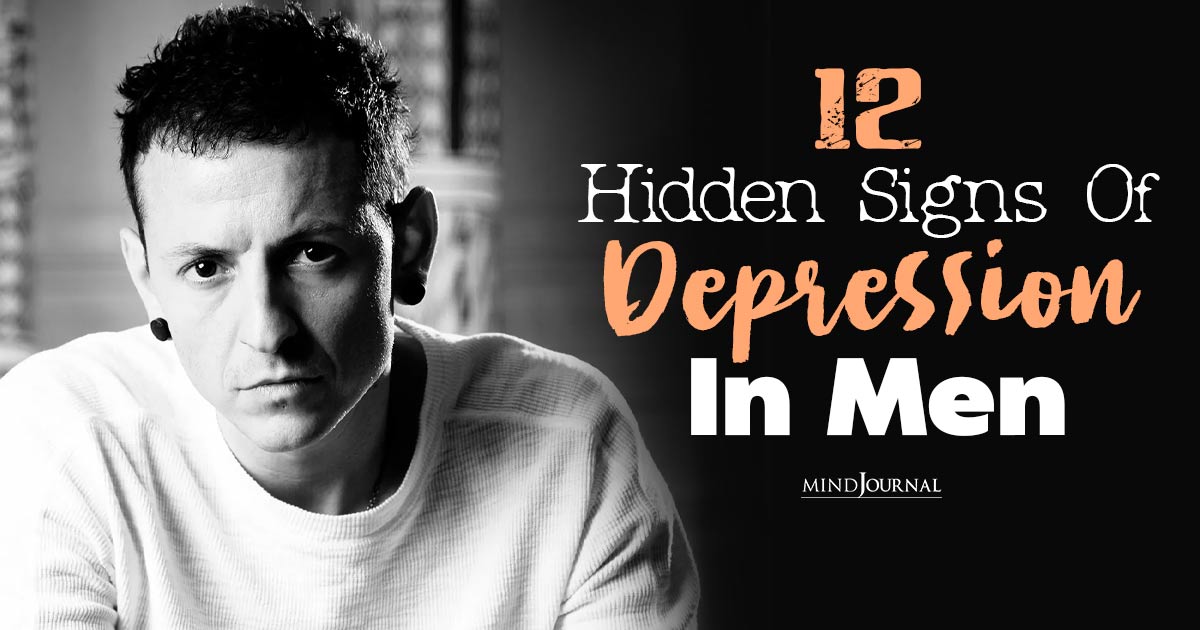
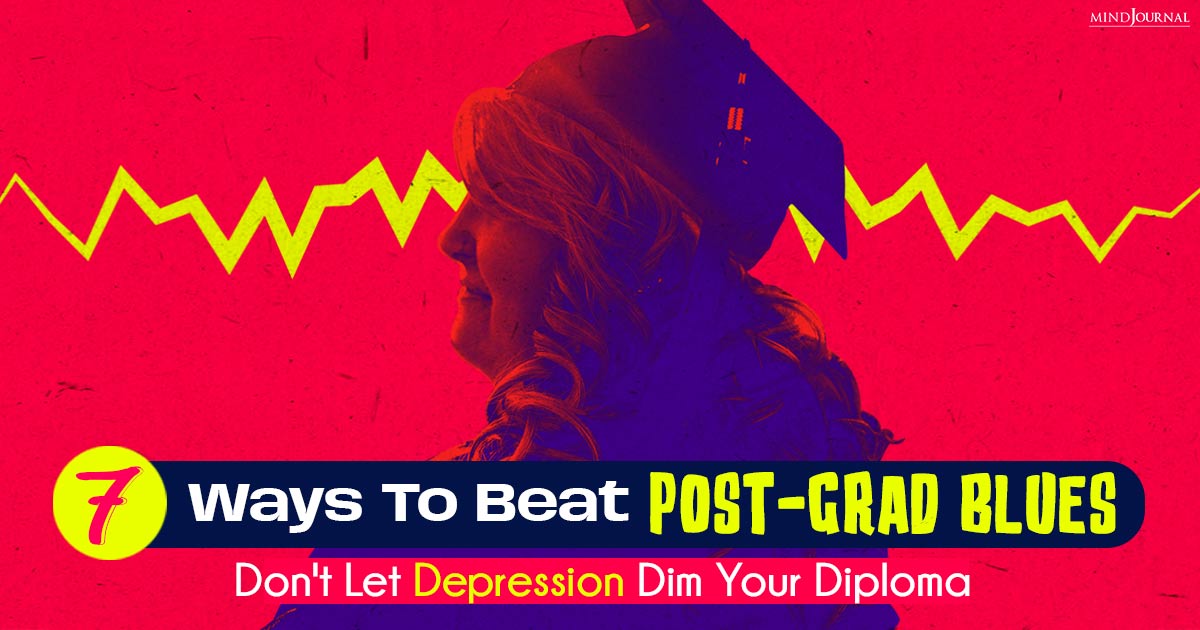
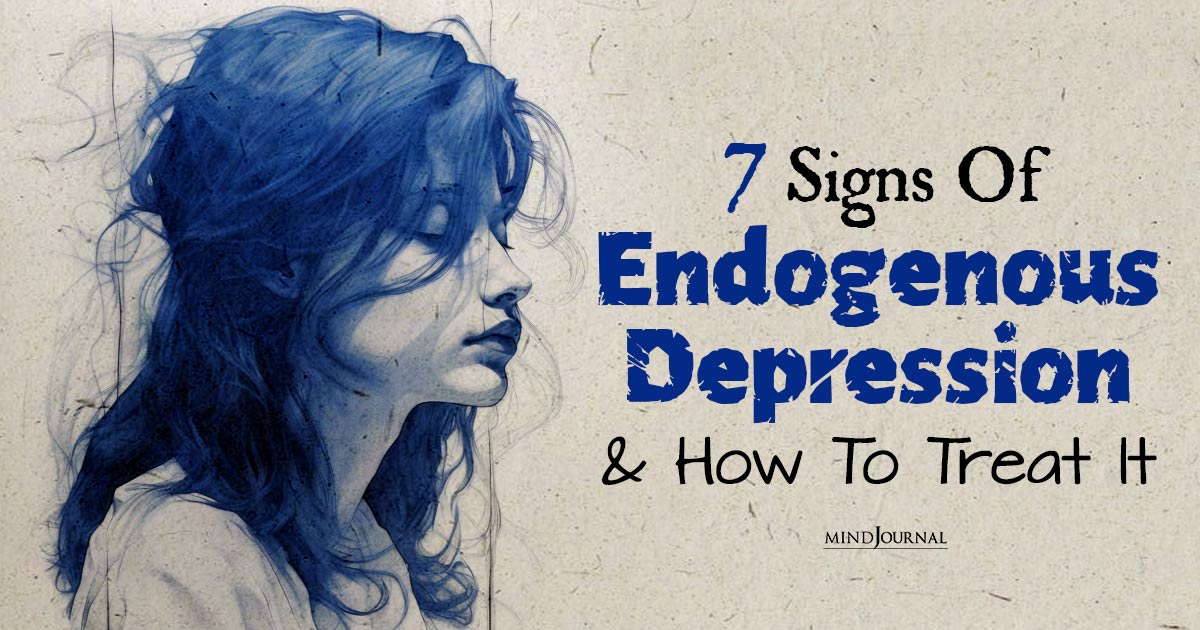
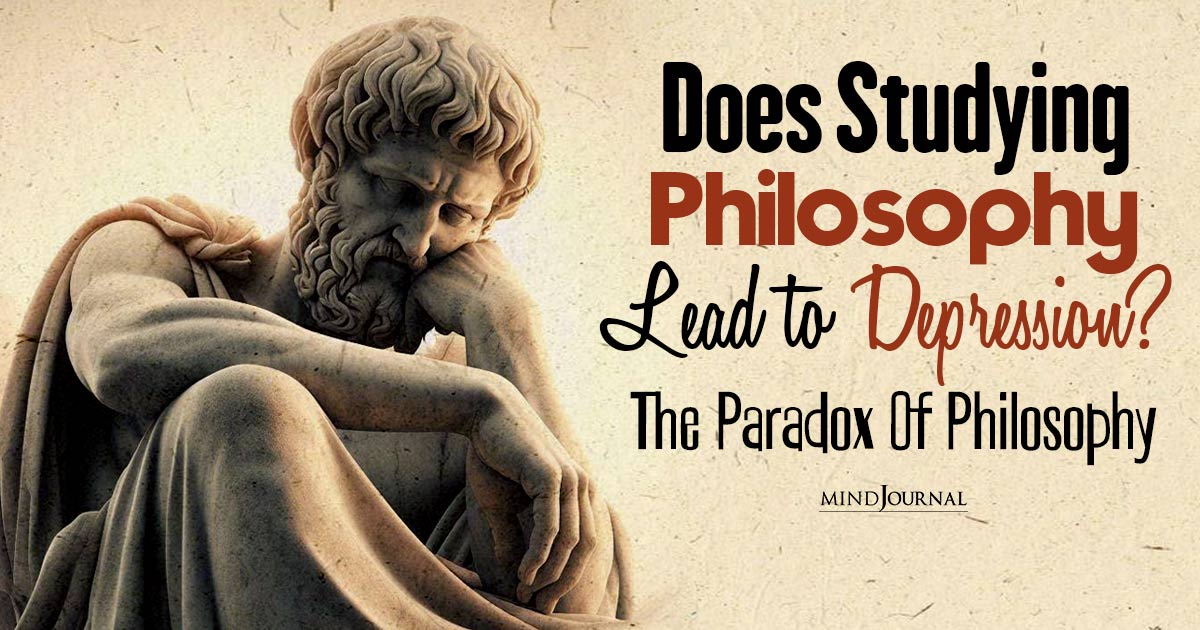
Leave a Reply
You must be logged in to post a comment.